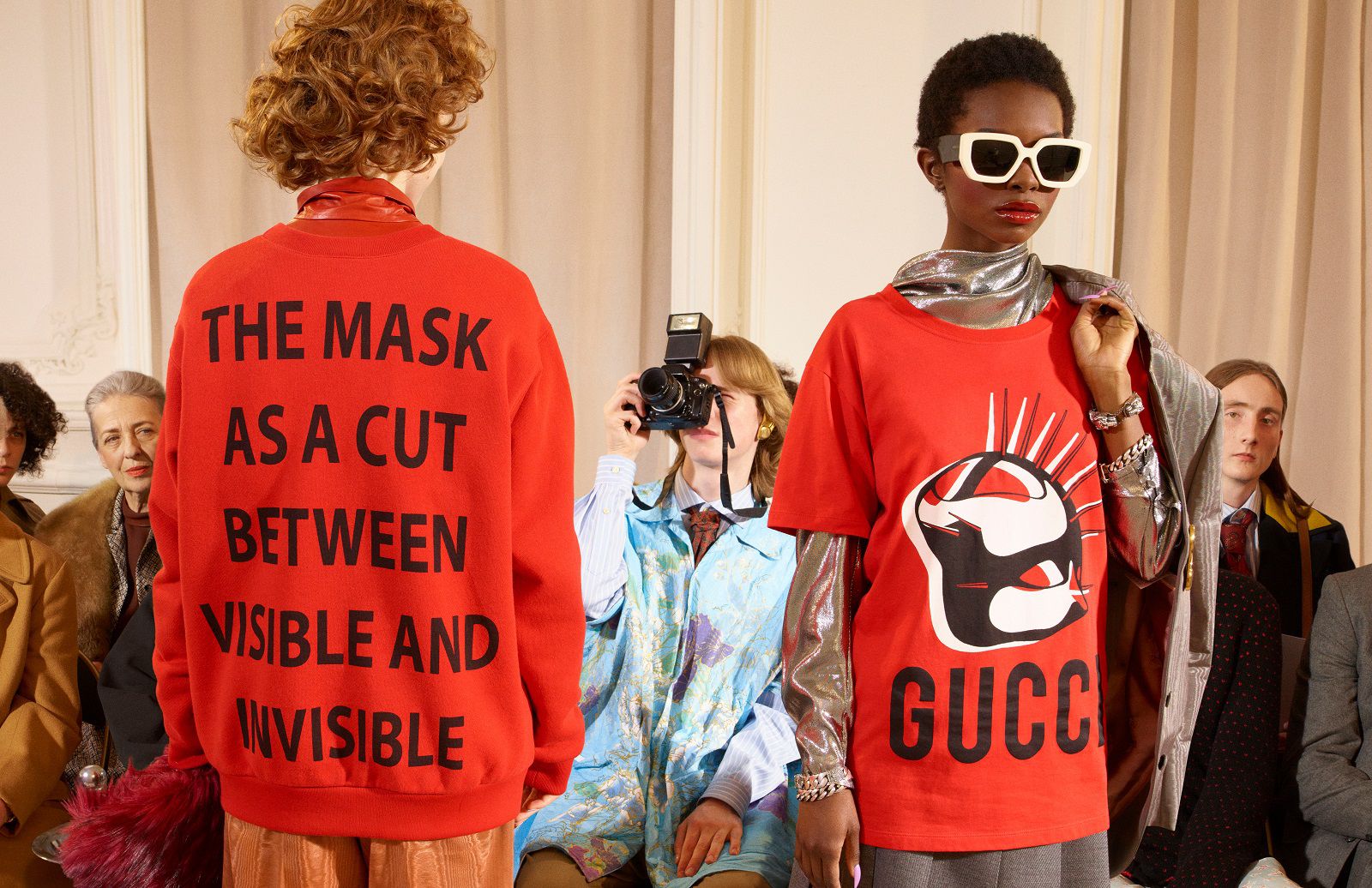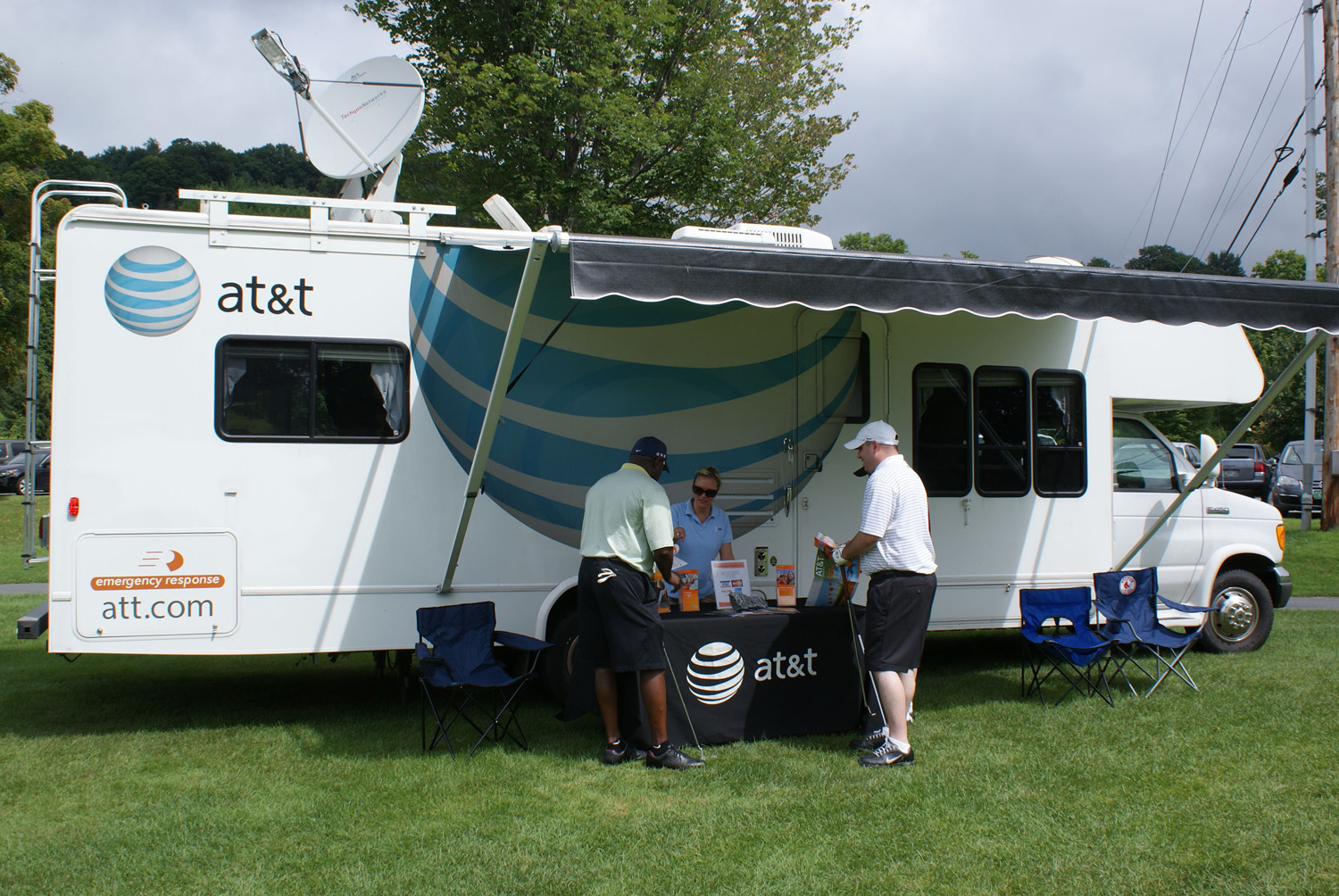 WASHINGTON, D.C., Sep 23, 2010 – There will be no shortage of ghosts or goblins this Halloween as 148 million Americans partake in some sort of holiday celebration, spending considerably more than they did last year.
WASHINGTON, D.C., Sep 23, 2010 – There will be no shortage of ghosts or goblins this Halloween as 148 million Americans partake in some sort of holiday celebration, spending considerably more than they did last year.
According to NRF’s 2010 Halloween Consumer Intentions and Actions Survey, conducted by BIGresearch, Americans will spend $66.28 on costumes, candy and decorations, up from last year’s $56.31 and comparable to the $66.54 average spend in 2008. Total spending for the holiday is expected to reach $5.8 billion.*
“In recent years, Halloween has provided a welcome break from reality, allowing many Americans a chance to escape from the stress the economy has put on their family and incomes,” said NRF President and CEO Matthew Shay.
“This year, people are expected to embrace Halloween with even more enthusiasm, and will have an entire weekend to celebrate since the holiday falls on a Sunday.”
When it comes to how much money partygoers and trick-or-treaters will spend, costumes ($23.37) will take up the largest portion of a person’s budget. Americans will also spend an average of $20.29 on candy, $18.66 on decoration, and $3.95 on greeting cards.
This year’s data brings great news for retailers selling costumes: this year, the highest percentage of people in the survey’s history will dress up with four out of 10 people (40.1%) planning to don a costume, up from 33.4% in 2009. (An astounding 11.5 percent will dress up their pets as well.) Additionally, 33.3 percent of people will throw/attend a party, nearly three-quarters (72.2%) will hand out candy, 46.3 percent will carve a pumpkin, 20.8 percent will visit a haunted house and 31.7 percent will take their children trick-or-treating. Second only to the winter holidays in terms of plans to decorate, half (50.1%) of consumers celebrating will decorate their home or yard.
As is often the case, young adults will be most likely to participate in Halloween activities with 69.4 percent of 18-24 year olds saying they will dress in costume, the highest of any other age group. Young adults are also more likely than any other age group to throw or attend a party (55.4%) and visit a haunted house (38.6%).
While spending is expected to increase, three out of 10 (30.1%) consumers say the state of the U.S. economy will still impact their Halloween plans, with most of those respondents citing they would spend less overall (86.8%). Others say they will be buying less candy (45.1%), using last year’s decorations and not buying new ones (30.7%), using last year’s costume (18.5%) or making a costume (19.5%). Some plan to cut back on traditional activities such as visiting a haunted house (22.3%).
“Though Halloween spending will be much more robust than a year ago, consumers will still err on the side of caution,” said Phil Rist, Executive Vice President, Strategic Initiatives, BIGresearch. “Americans are excited about Halloween but are still being frugal and pinching their pennies where they can.”



